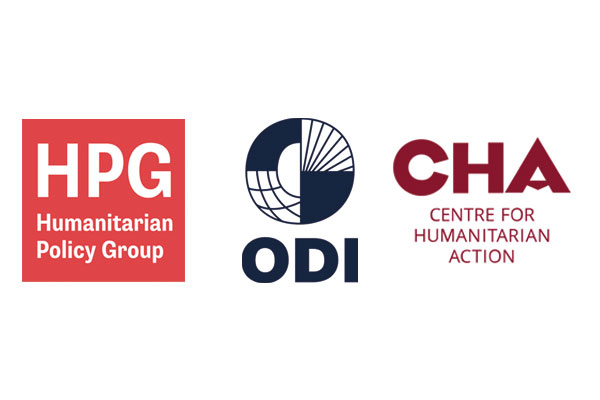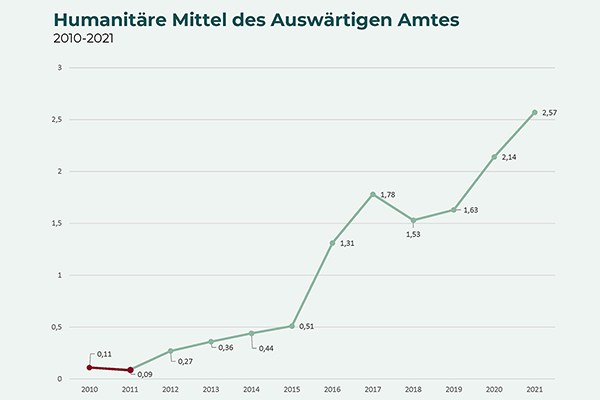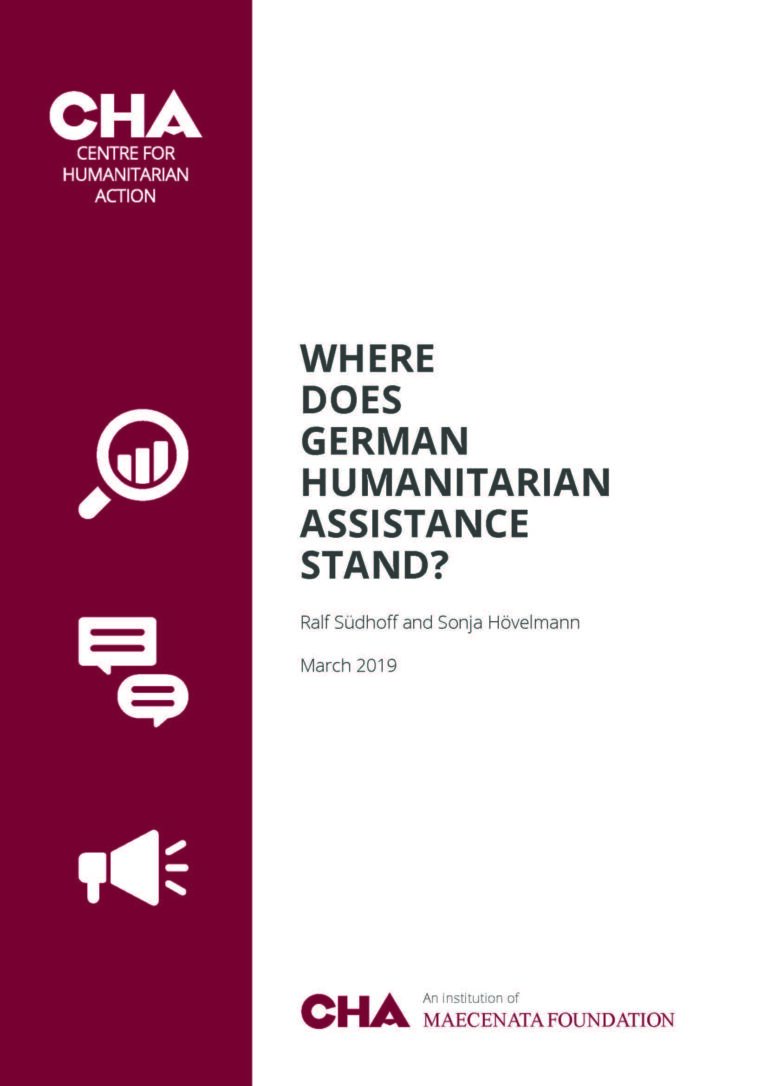As research partner of the Humanitarian Policy Group (HPG) the Centre for Humanitarian Action (CHA) will conduct a study titled ‘the role of narratives in the rise of Germany as a humanitarian donor’.
The international humanitarian system is struggling to keep up with growing needs because of insufficient funding and a failure to reform. The legitimacy of the system is increasingly challenged by populist voices that pit humanitarian aid against national interests, and progressive ones that decry its ways of working as neo-colonial or that give prevalence to solidarity over the principles of neutrality and impartiality.
The evidence base that should underpin humanitarian action has grown increasingly robust, but powerful opposing narratives often take precedence. These narratives also use history and tradition to portray crises, make the case for or against aid or advocate for or against reforms. Understanding the impact of these narratives on humanitarian policy is essential to make the case for international humanitarian aid, bridge the financing gap and accelerate reform.
The case study on Germany has been selected as an example related to the challenge of financial sufficiency following Germany’s significant uptick in humanitarian assistance contributions since 2014. It will focus on how the narratives at play amongst the population, media, government, and aid agencies enabled and justified this change in Germany’s humanitarian aid budget. Such narratives include, but are not limited to, the ‘use of aid to stem migration flows to Germany’ or the discourse how to move ‘from Payer to Player’, relating to Germany’s ambition to become a thought leader in the international humanitarian system. The case study will analyse how these narratives are constructed, how they change over time, the process through which they shape policy decisions and how that process can be influenced. It will attempt to draw lessons that could inform advocacy efforts towards other governments to increase their humanitarian aid budgets.
The project is part of the research project “Remaking Aid: ethics, politics, and narratives” by the HPG at ODI and will be conducted in cooperation with independent consultant Corinna Kreidler,
For further information contact: Sonja Hövelmann.





